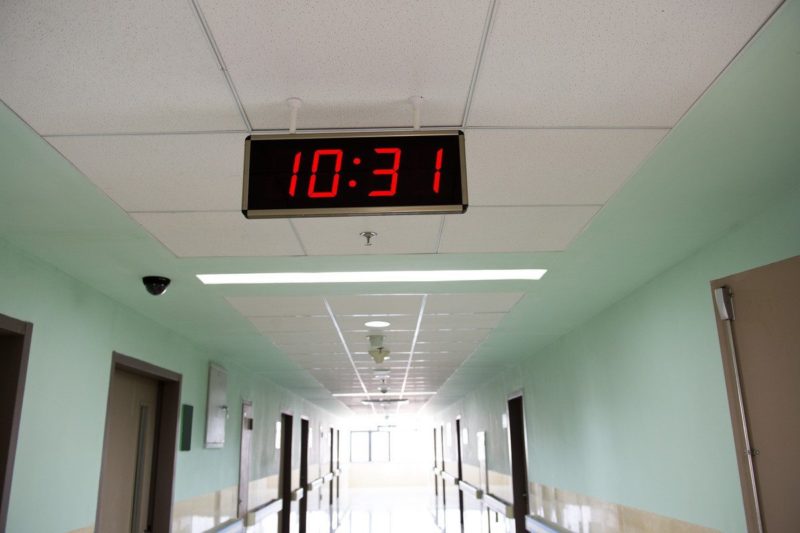Longer Forced Waiting Periods, Attacks on Fetal Tissue Research Move Through Louisiana Legislature
Louisiana would join five states that force people to wait three days to receive abortion care. Missouri, North Carolina, Oklahoma, South Dakota, and Utah all have 72-hour waiting periods.

Louisiana legislators last week passed a pair of anti-choice bills—one that would triple the state’s forced waiting period for those seeking abortion care, and another that prohibits the any type of compensation for fetal tissue.
HB 386, sponsored by sponsored by Rep. Frank Hoffmann (R-West Monroe), would extend the waiting period for a patient seeking an abortion from 24 hours to 72 hours. The bill also includes a mandate that patients receive written materials published by the state offering “alternatives to abortion.” This policy is already state law.
The bill sailed through the house Wednesday in an 89-5 bipartisan vote. The bill now moves to the state senate for further consideration.
The measure includes an exception for pregnant people who certify in writing that they live more than 150 miles from the nearest licensed clinic that provides abortion services. In the case of a medical emergency, pregnant people would continue to be exempt from the mandatory waiting period and forced counseling.
Louisiana would join five states that force people to wait three days to receive abortion care. Missouri, North Carolina, Oklahoma, South Dakota, and Utah all have 72-hour waiting periods. All of those states have GOP-controlled legislatures.
Recently published research shows that lengthy forced waiting periods, like the one created by Utah Republicans, dissuade very few people seeking abortion care while increasing the cost of the care. According to a March study published in Perspectives on Sexual and Reproductive Health, 86 percent of the 309 surveyed Utah residents seeking abortion care did end their pregnancies, with average wait times of eight days between the first visit and the procedure. Making two visits increased the cost of abortion care by about 10 percent, the study found.
Louisiana lawmakers become the latest to attack fetal tissue research after a series of smear videos released by an anti-choice front group prompted Republican-led investigations into Planned Parenthood. All of those investigations found no wrongdoing on the part of Planned Parenthood, though that has not stopped Republican legislators from restricting fetal tissue research in various ways.
SB 33, sponsored by state Sen. Ryan Gatti (R-Bossier City), would prohibit the collection, sale, receipt, or transport of fetal organs or tissue. The bill was passed by the senate without debate in a 35-0 vote. The bill now moves to the house for further consideration.
Federal law already prohibits the sale of fetal tissue, but the Louisiana measure would go beyond federal law and prohibit the collection of “fees for storage or handling, any payments for reimbursement, repayments, or compensation.”
Violation of the proposed law would carry a sentence of 10 to 50 years in jail and a fine of up to $50,000.
These bills stem from discredited allegations made by the anti-choice front group known as the Center for Medical Progress (CMP), which began publishing deceptively edited and surreptitiously recorded videos in 2015. CMP’s smear campaign charged that Planned Parenthood violated laws governing the sale of fetal tissue.
Kathaleen Pittman, administrator of the Hope Medical Group for Women in Shreveport, told the Associated Press that lawmakers should stop interfering with medical decisions. “Contrary to what our legislators would have us believe, women are capable of making family planning decisions without government intrusion,” Pittman said.

